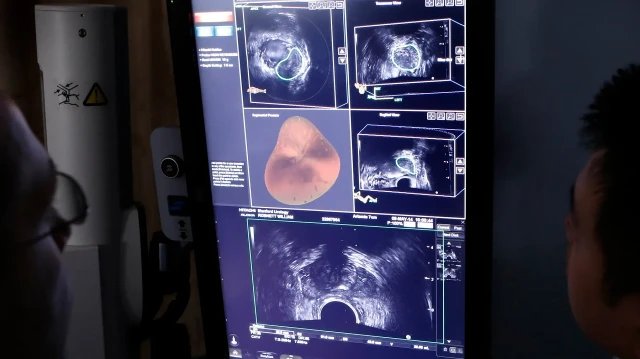
Prostate cancer death decline in US slows as advanced-stage cases rise, and racial disparities also persist
Prostate cancer cases in the US have increased in recent years, with a notable rise in advanced-stage diagnoses, according to a new report published Tuesday.
The American Cancer Society’s annual prostate cancer statistics report said that diagnoses of prostate cancer have increased 3% annually since 2014, following a 6.4% yearly decline in the previous decade.
The sharpest rise was seen in advanced-stage cases, climbing up to 6.2% annually with variations across age groups.
The report also showed that the annual decline in mortality has slowed from 3%-4% in the 1990s and 2000s to just 0.6% over the last decade.
Rates of advanced-stage prostate cancer began increasing again after the US Preventive Services Task Force advised against routine prostate-specific antigen screening in the early 2010s, the report said.
The report highlighted racial disparities in prostate cancer, with Black men facing double the mortality of other groups and Native American men showing higher death rates than White men despite lower incidence.
Prostate cancer is the most common cancer diagnosis in men, accounting for 30% of male cancers in 2025, and is the second-leading cause of cancer death in men behind lung cancer.
“Increases in advanced diagnosis and persistent disparities highlight the need for redoubled efforts to optimize early detection and address barriers to equitable outcomes, including improved access to high-quality health care for all men,” the report added.







